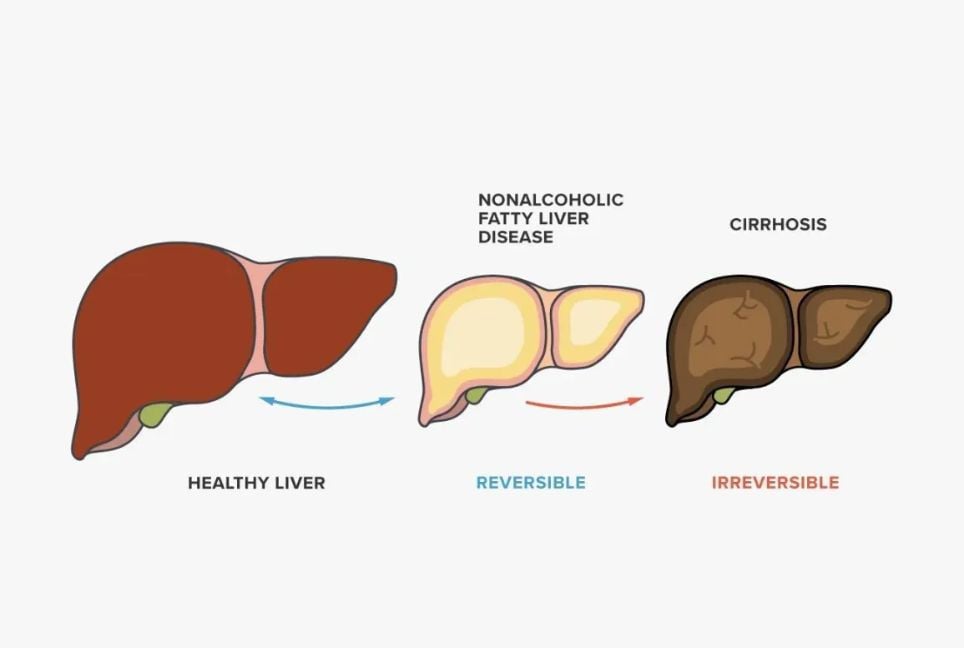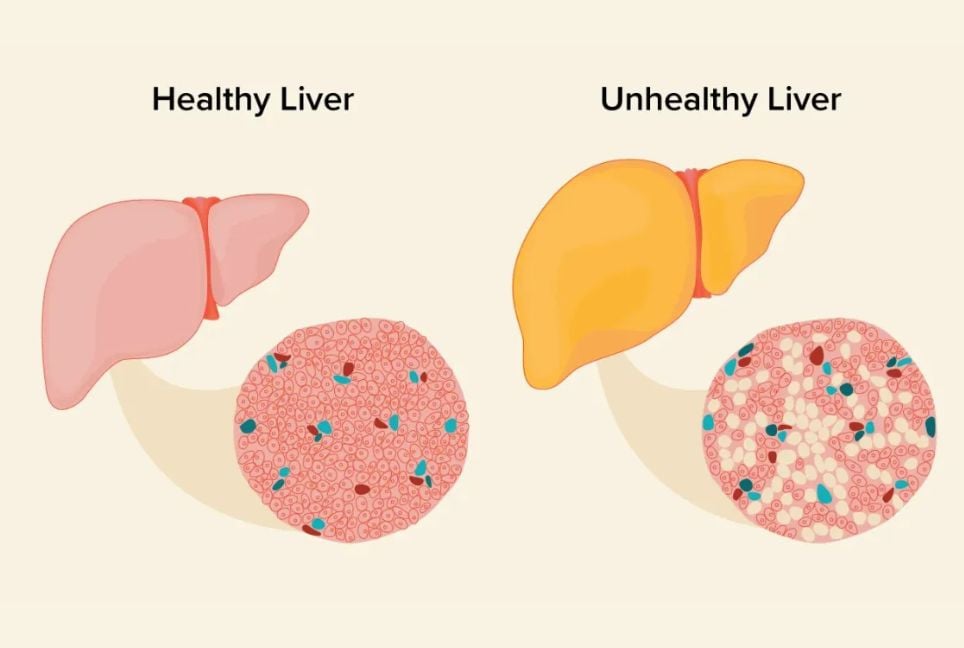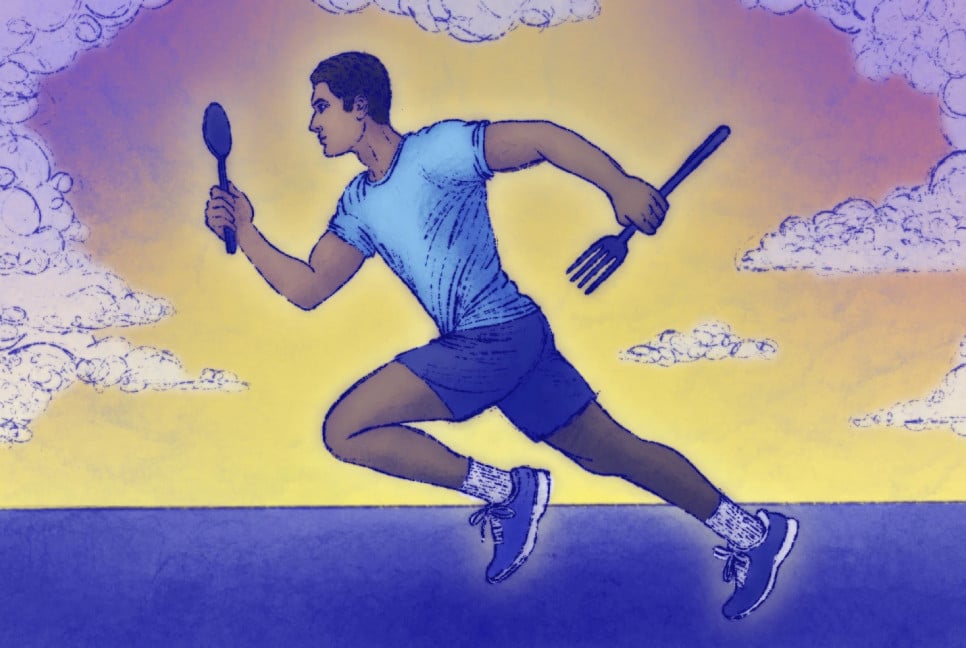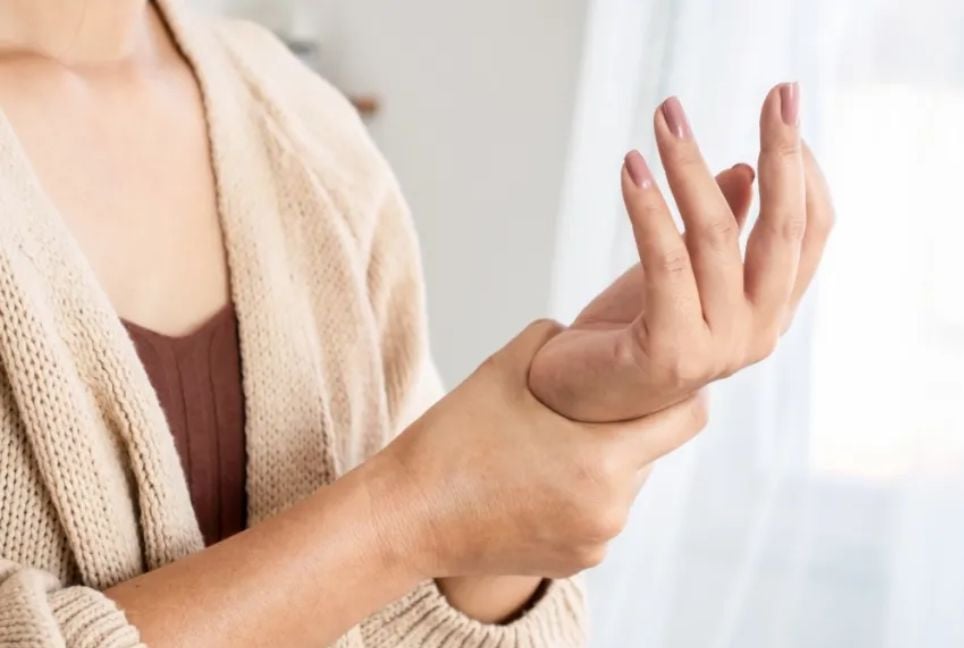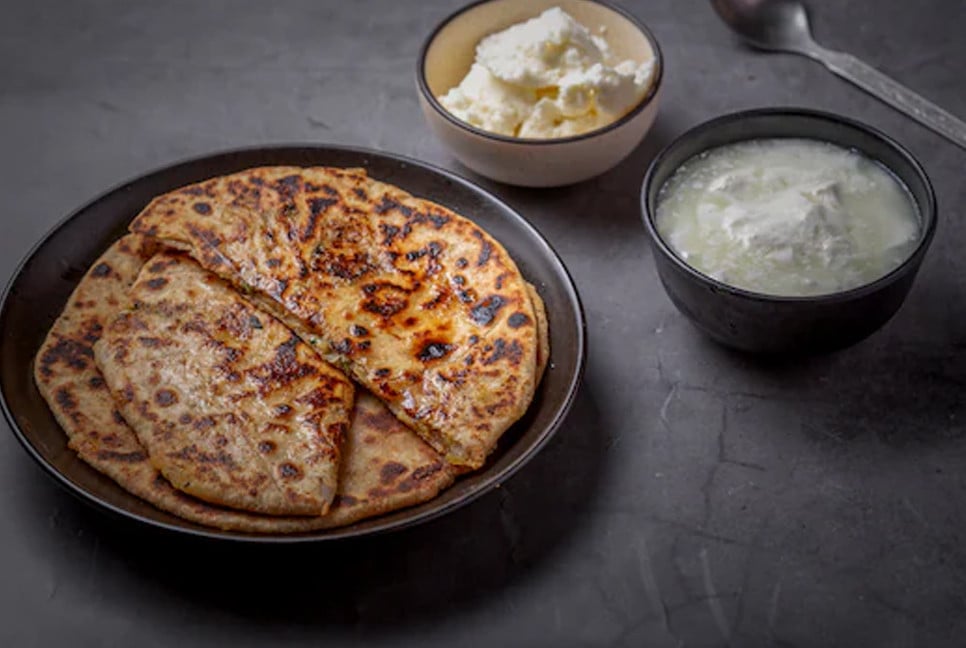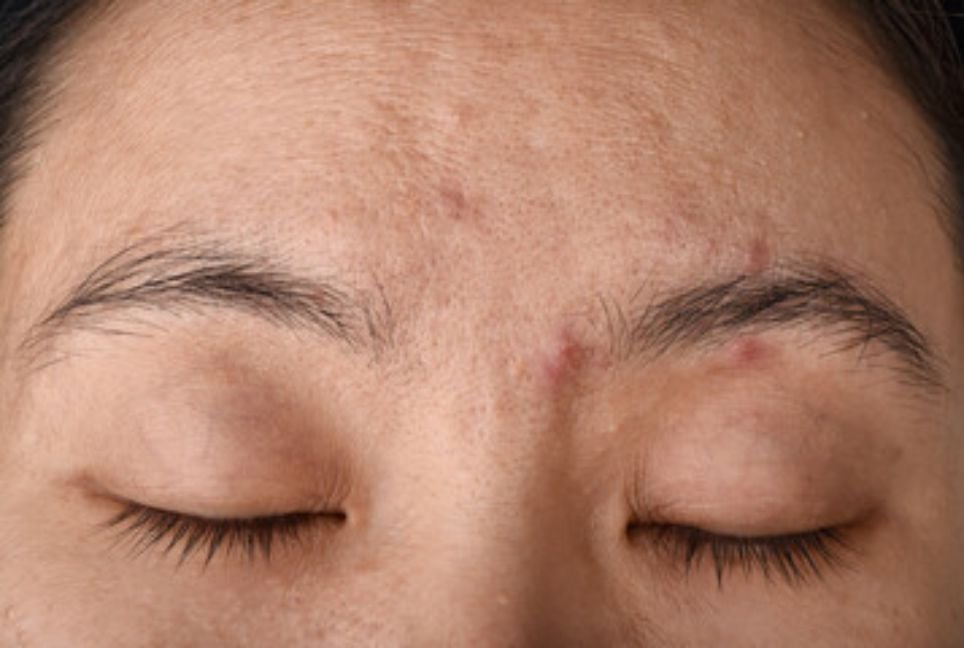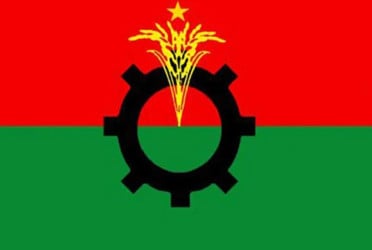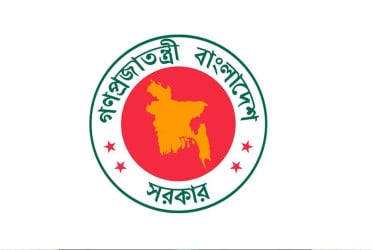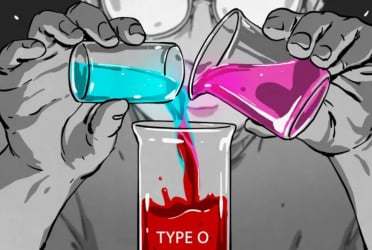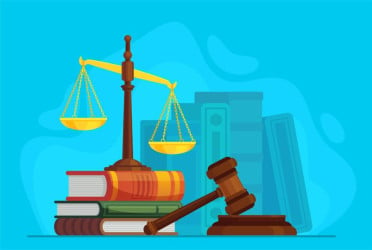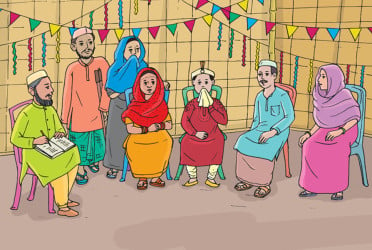Now when people have become more aware of the nutritional value in each meal and what nutrients to take in which capacity, there are many questions raise about the benefits and potential side effects of Ghee, reports India.com.
Ghee is a staple part of most Indian subcontinent meals, traditional Cow ghee has been helping peoples to maintain a good diet and it has also become a prestige symbol among many households, the more ghee in your food, the more money you are believed to have earned. But, is it the healthiest addition to your meal?
Organically produced ghee adds lots of taste to your food. However, it is not the best thing to eat for those who are having cholesterol issues, obesity, PCOD and trying to lose weight for any reason. Ghee contains a high amount of saturated fat which is around 7.9 grams per serving.
One tablespoon of ghee contains approximately 112 calories. Now, as recommended by the Americal Heart Association, for any healthy person with an around 2000 calories diet, the ideal fat consumption should be between 56-78 grams in a day. Out of which, the saturated fat shouldn’t be more than 16 grams. It should also be noted that your body is capable of producing its own fat and one can consume ghee and add to that fat but only if you are not already struggling with a disease or issues that requires you to cut down on the fat.
Doctors suggest that the cow ghee shouldn’t be consumed in excess by those who are suffering from any heart disease or kidney ailment. One would also avoid the consumption of cow ghee or any sort of ghee for that matter if someone has any kind of stomach disorder.
Ghee contains fatty acids and is capable of increasing blood pressure. Always check with your doctor or a dietician about the amount of ghee that you can take as part of your meal on a daily basis, especially if you are above 30.
Bd-pratidin English/Tanvir Raihan



